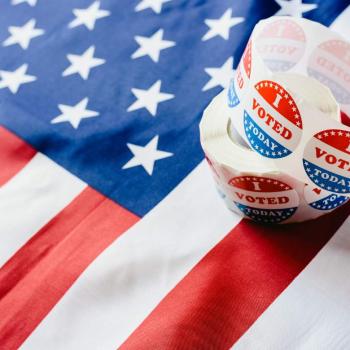
I love eating organic. I love the idea of everyone having an electric car. I wish I saw solar panels on every home, and front-yard gardens starting to replace water-loving lawns, and chicken coops in the backyards.
But here’s the deal: There is a certain level of privilege needed in order to do these things.
Have you ever shopped 100% organic? Ever filled a cart (or trolley, if you’re in the UK) at a local co-op? I haven’t, because the price would be well outside of my budget. The only way I’m able to get a good amount of organic products is if I shop at Grocery Outlet, Bargain Market. Outside of that, I don’t have $100 to spend on a free-range turkey for Thanksgiving.
I wish I did. I wish I had an extra $10,000 to purchase an electric car, too. But I don’t. Until recently, I didn’t have any money to buy a car of any sort. That’s why up until May, I drove my ’06 Jeep, replete with copious amounts of car tape (where my inner city kids at?), a door that filled with water in the rain, and a CD player that stopped working long before Tik Tok was a thing.
Many Americans are in even worse financial shape than me, so to expect everyone to “go green” is a bit impossible, is it not? I wish it weren’t the case, given that global warming is literally burning my state alive, but it’s not that simple.
That’s why, as gross as it may be to say this, going green needs to be financially incentivized. If it’s not, no one can afford to do it. If you’re on a fixed income, how can you afford to buy organic milk when non-organic is way cheaper? How can you get an eco-friendly new car when a janky-ass ’91 Corolla is only $2,500? Sure, anyone can do what they can for free – like replacing plastic water bottles with a refillable Klean Kanteen, or not using so much AC, or composting their kitchen scraps – but the big things? That will have to be changed on the systemic level.
That’s why it’s always good to remember not to shame anyone for their personal habits. Maybe someone would like to have an electric car, but if they literally can’t afford one, what are they supposed to do? Ride their bicycle to work all winter? That sounds like privilege talking.
So, to fix this, at least two things need to happen.
First, it needs to become financially viable for everyone to “go green.” I don’t know how that happens, but if it’s going to work, it needs to happen. I’ll let the people better at implementing systemic system changes come up with the logistics.
And second, those of us who can afford to modify our habits need to start now. If you have downtime, pick up trash. Sign up to adopt a highway. Get an electric car the next time you are in the market for a new vehicle. Go with solar. Support that local co-op. Again, not all of us can do all these things, but at least do what you can. Hopefully, sometime in the near future, systemic changes will occur and going green will become something everyone can do, not just the wealthy.
If you wanna get to know me better, please follow me on social media. I’m pretty active on all platforms:
Also, if you’ve been digging my work on here, and want to see me be able to continue writing as close to full-time as humanly possible, please take a look at my Patreon page at www.patreon.com/mjdistefano. Even $1 a month helps bigly!!!














